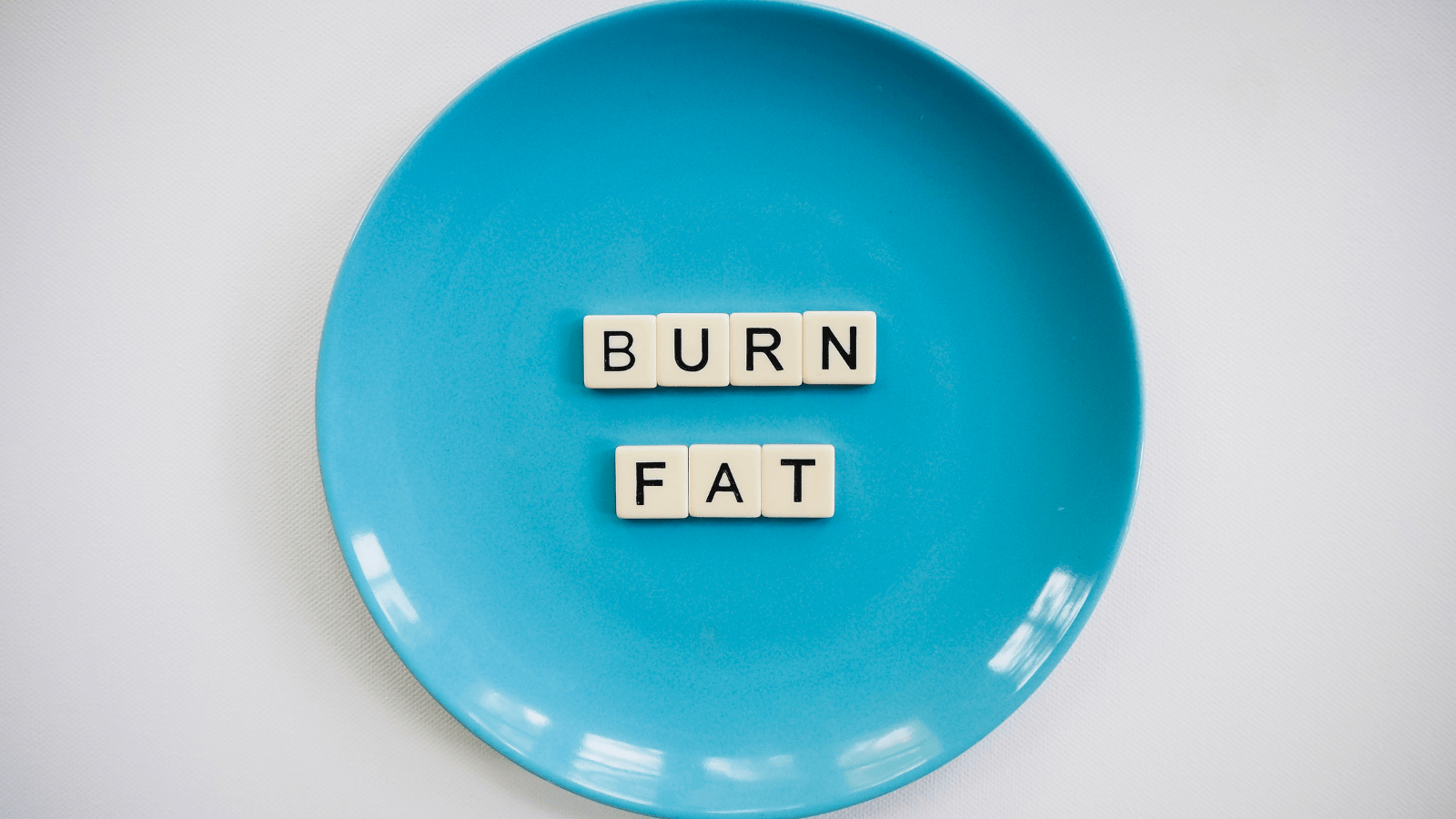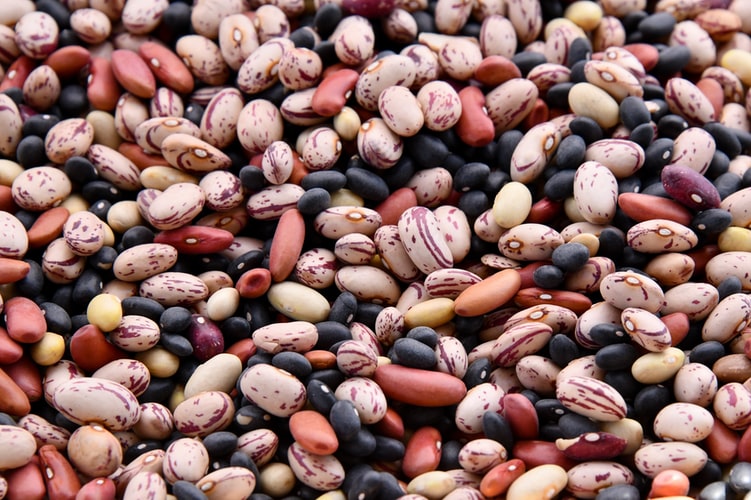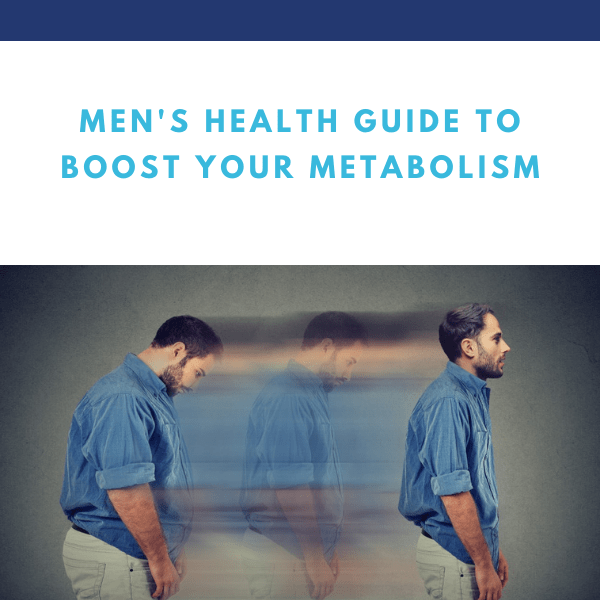
Struggling with your weight?
You’re not alone. Weight loss is one of my clients’ most common men’s health challenges. Heck, I’ve struggled with it myself—that’s a big part of what motivates me to help men feel their best.
One reason why losing weight can feel so hard is that it never used to be like this. When we were younger, we didn’t need to worry about what we ate or how often we exercised. We just always used to feel… good. Extra weight just wasn’t a problem.
But things change as you get older. The body takes longer to recover. And the weight stays on even when you exercise regularly.
One of the reasons that it’s difficult to slim down as we get older is that the metabolism starts to slow.
This happens to most people, but you don’t have to accept it as normal. There are some things you can do to rev it back up—even in middle age.
I’m talking specifically about your basal metabolic rate, or how quickly your body burns through the calories you consume. Most people don’t know this, but the majority of the calories we burn each day aren’t from exercise. They’re burned from your body’s normal functioning and maintenance.
Exercising is certainly an important part of any healthy lifestyle and weight loss plan. But if you can also turn up your body’s fire, it’ll make shedding the weight all that much easier. The more your body is burning at its base level, the easier it is to rid yourself of that stubborn body fat.
Lucky for us, there are things you can do to keep your metabolic rate running at a higher gear. So here are some of my top recommendations for boosting your metabolism to slim down.
Exercise

Hands down, the most powerful way to kickstart your metabolism is exercise. It’s effective both in the short term and in the long-term.
Physical activity like intense cardio or high-intensity interval training (HIIT) increases your body’s energy needs in the short term. To feed itself, your body burns calories faster. That exercise revs the metabolism into high gear, it stays elevated for hours after.
But with strength training, there’s actually a long-term effect as well. Weight training challenges your muscles and actually creates micro-tears in the muscle fibers. Your body then spends a bunch of energy to repair them. When it repairs the muscles, your body both increases the size of the existing muscle fibers and also builds new fibers. Together, these increase the size of the muscles.
And bigger muscles have a greater energy maintenance need. They eat through more energy, even when you’re not exercising. So the more muscle mass you have, the higher your resting metabolic rate will be.
I’m not saying you need to be Arnold Schwarzenegger to give an extra kick to your metabolism. But including strength training in your exercise routine is absolutely critical for every guy, and it will help boost your metabolism in the long term.
Eat a protein-rich diet

It turns out that eating can actually give you a short-term boost in metabolism. This is called the thermic effect of food (TEF). It happens because the body needs energy—a lot, as it turns out—for digesting the food you eat.
But different nutrients lead to different kinds of boosts.
Researchers have found that protein increases your metabolism at a much greater rate (15-30%) than either fat (0-3%) or carbs (5-10%). So higher protein foods can help you maximize that boost in metabolism from eating.
Keep in mind that I’m not saying you should only eat protein! Remember that you need to be sure to stick to the macronutrient ratio that’s best for your body. Too much protein can actually hurt your muscle-building efforts by lowering testosterone. Instead, aim for a healthy, balanced diet that includes proteins, healthy fats, and complex carbohydrates. You need to avoid saturated fats, trans fats, and refined sugars.
Research also suggests that plant-based diets create a higher TEF. I’m not saying that you need to become a vegetarian to burn fat, but most of your dinner plate should be things that came from plants—whole grains, beans, legumes, roots vegetables, leafy greens, fruits, and so on.
Drinking cold water

Among all its other benefits, water has been found in several studies to increase metabolism and aid in losing weight, and cold water may be especially effective.
Cold water lowers your core body temperature. In response, your body fires up its metabolism to warm you back up. That warming increases the calories you burn.
As an added benefit, water appears to also help you lose weight and burn fat—especially when you drink water in place of sugary drinks. It also helps fill you up so that you don’t overeat or consume too many extra calories.
Water is, of course, essential to your health in a number of ways. Helping rev up your metabolism is just one way it helps.
(And if you get tired of water, green tea is your metabolism’s friend!)
Intermittent Fasting

You might think that fasting could slow your metabolism. You’re right, it can: restricting your caloric intake tells your body you’re not getting enough food, so your body starts doing less work. That slows down your metabolism.
But intermittent fasting—restricting eating to only certain time periods—can help fire up your metabolism. It does that by giving your digestive system a break and puts that energy into other functions like building muscle.
Intermittent fasting has been found to have several benefits, including:
- Balancing hormone levels
- Encouraging fat lipolysis—the breakdown of fat
- Increased growth hormone levels, which helps grow and preserve muscle mass
- Lowering blood glucose
- Turning off genes related to inflammation.
When we eat, our insulin levels are elevated. And that means we tend towards fat-storing rather than fat-burning. Fasting helps our insulin drop, allowing our body to tap into our fat stores.
How do you do intermittent fasting?
There are lots of ways of doing it. I provide some more detailed advice in my book, but some options include:
- Create eating windows. Here, you only eat within a given window of time. For example, you might restrict your eating to only between 10 am and 6 pm.
- Skipped meals. Here, you would skip one meal a day. I normally recommend skipping breakfast as a great way to get started with intermittent fasting.
- 24/48 fast. Here, you fast for a full day or two. You would only do this about once a month.
The easiest one to follow and requires the least amount of adjustment for most people is setting an eating window. If you’re new to intermittent fasting, I would recommend you start here.
From there, you can try out a few different variations and see what works best for you.
Several of my clients have had huge success with intermittent fasting. If you usually eat well and exercise but you can’t seem to shed those stubborn few pounds, give intermittent fasting a shot.
Remember, intermittent fasting doesn’t mean you have to eat fewer calories (although most people do end up eating a little less). It just means that you restrict when you eat.
Sleep

There are a number of systemic factors that have a significant influence on our health. One of the ones that many of us underestimate is sleep.
Getting a good night’s sleep isn’t really sexy, but it is powerful.
And getting enough sleep actually can help you both feel and even look sexier. For one thing, sleep is when our body builds back muscles after a workout. So if you’re trying to put on lean muscle mass, you don’t want to skimp on sleep.
Tons of research has also connected sleep to weight loss. Many people think that as we sleep our body becomes less active. But our body is actually very active when we sleep. And all that activity requires energy. So your metabolism keeps burning as you rest.
There’s also research that connects insomnia with weight gain and obesity. One reason for this relationship is that sleep helps modulate neuroendocrine function—how well your hormonal system works. A less effective endocrine system, in turn, alters glucose metabolism, which is how your blood sugar is turned into energy.
Lack of sleep also seems to decrease insulin sensitivity, decrease leptin (which is involved in how fat gets broken down), increase concentrations of cortisol (the stress hormone), and increase hunger. Together, those things make it harder to break down fat and easier to store it.
So if you’re trying to lose weight and you’re looking for one quick win, cleaning up your sleep hygiene might just be it.
The takeaway: create metabolism-boosting habits
The body is a large, complex system. As a physician, I know that better than anyone.
But sometimes we overcomplicate our health. Or, said differently, sometimes the best things we can do for our health are also the simplest.
Each of the factors above can contribute to a faster metabolism and help you lose weight. But also note that each of these also contributes to your health in a number of other ways, too. They will help you lower your risk for chronic illnesses, and help you just feel better.
I encourage everyone to build those habits—both for a faster metabolism and weight loss, but also just for greater overall health.
At the same time, we need to acknowledge our individual differences. We all have different genes and a different biochemical environment. Our epigenetics also means that we’re all wired to respond differently to food and have different metabolic rates.
Of course, everyone should exercise, eat well, and get enough sleep. But some people may need an additional game plan that’s tailored directly to their particular biology. Some people may need testosterone HRT or hormone therapy; others may benefit from peptide therapies; still others might need to focus on reducing stress.
So focus on the recommendations in this article to help you boost your metabolism and lose weight. But if you’re still struggling, consider finding an approach tailored to your body.
I offer precision medicine solutions that are aimed at creating an individualized plan for you based on your genes and body chemistry. Boiler-plate health advice can be useful, but it may not be enough to help you get through your individual challenges. Get in touch with me for VIP health coaching and an individualized plan.
Schedule a consultation to take control of your testosterone!
Schedule a Call
 In Male 2.0™, Dr. Tracy Gapin has turned everything we once thought we knew about men’s health and performance upside down. The old model of how to be “a man” is broken. A man who works himself to death. Unfortunately, a man who tries to NOT get sick but isn’t really healthy either. And a man who takes a pill for every ill but is never really cured. That was Male 1.0. Now, imagine being THE MAN ─ owning your performance in the bedroom, the weight room, and the boardroom. Living a fully optimized life. Becoming limitless. This is Male 2.0!
In Male 2.0™, Dr. Tracy Gapin has turned everything we once thought we knew about men’s health and performance upside down. The old model of how to be “a man” is broken. A man who works himself to death. Unfortunately, a man who tries to NOT get sick but isn’t really healthy either. And a man who takes a pill for every ill but is never really cured. That was Male 1.0. Now, imagine being THE MAN ─ owning your performance in the bedroom, the weight room, and the boardroom. Living a fully optimized life. Becoming limitless. This is Male 2.0!
Tracy Gapin, MD, FACS is a board-certified Urologist, world-renowned Men’s Health & Performance Expert, Author, and Professional Speaker. Using state-of-the-art biometric monitoring, nutrition, and lifestyle intervention, Dr. Gapin coaches Fortune 500 executives and evolutionary leaders of business, sports medicine, and high performance. He specializes in cutting-edge precision medicine with an emphasis on epigenetics, providing men with a personalized path to optimizing health & performance. www.GapinInstitute.com
Want more tips to optimize your health? Listen to the latest podcasts. Click HERE
References
Du, S., Rajjo, T., Santosa, S., & Jensen, M. D. (2014). The thermic effect of food is reduced in older adults. Hormone and metabolic research, 46(5), 365-369.
Pesta, D. H., & Samuel, V. T. (2014). A high-protein diet for reducing body fat: mechanisms and possible caveats. Nutrition & Metabolism, 11(1), 1-8.
Shechter, A. (2017). Obstructive sleep apnea and energy balance regulation: a systematic review. Sleep Medicine Reviews, 34, 59-69.
Zurlo, F., Larson, K., Bogardus, C., & Ravussin, E. (1990). Skeletal muscle metabolism is a major determinant of resting energy expenditure. The Journal of Clinical Investigation, 86(5), 1423-1427.







